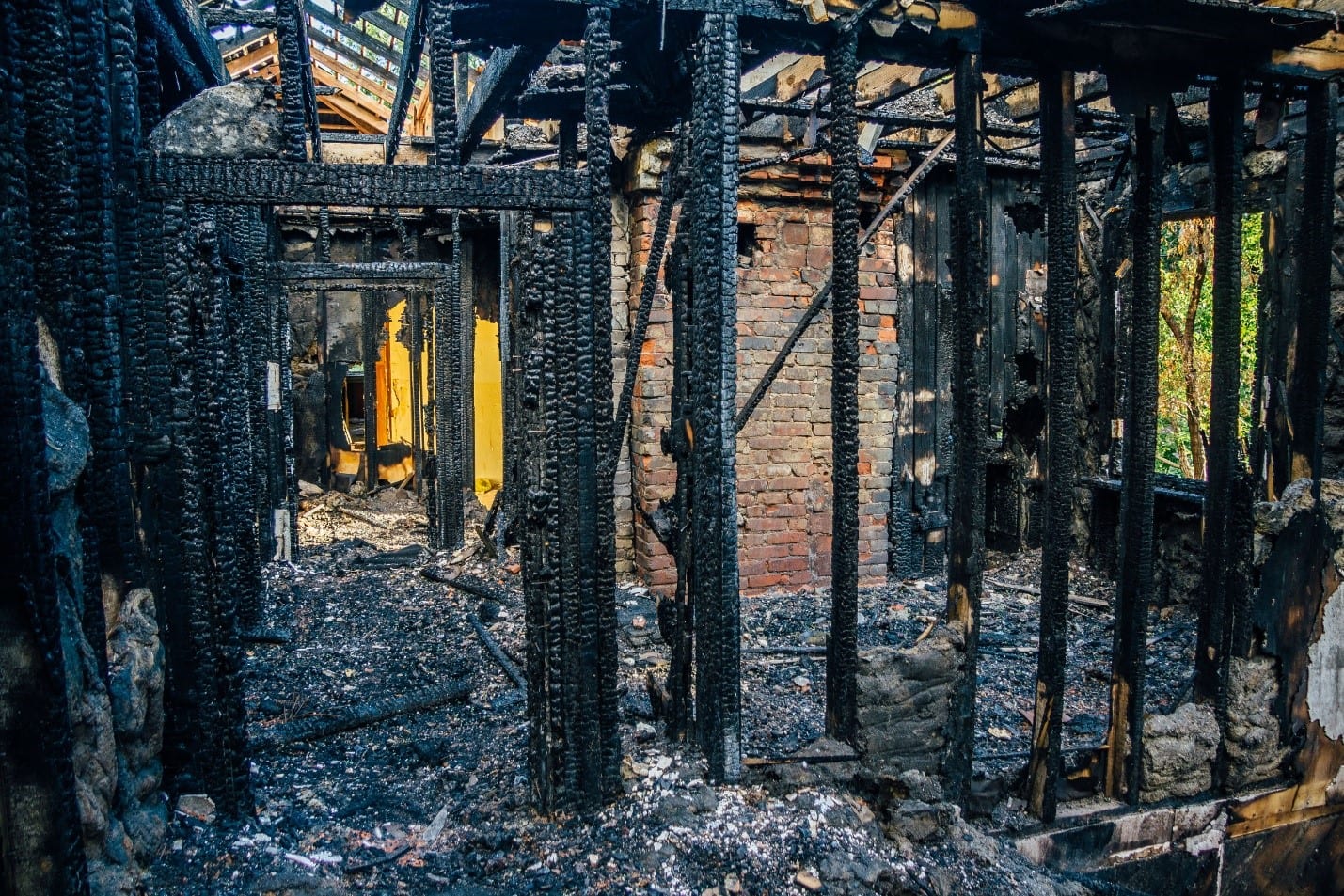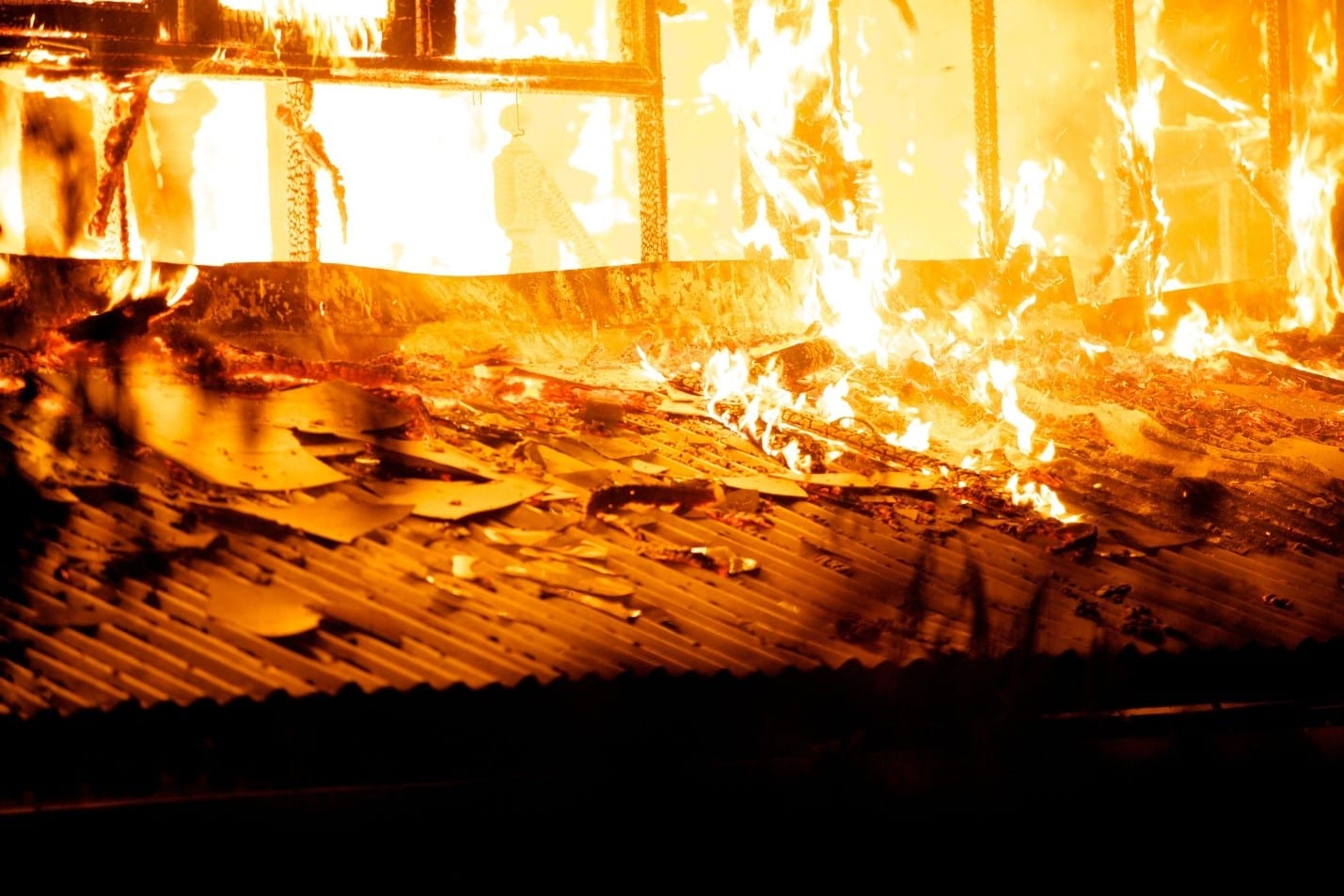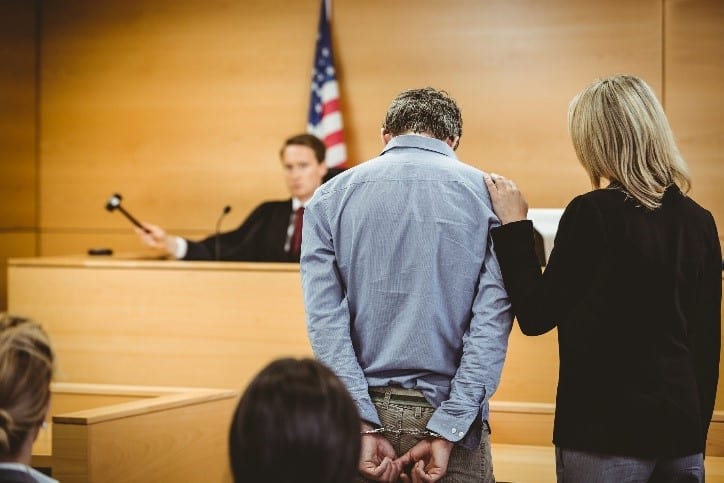Not too far south of here, Austin experienced one of its biggest fires in years recently. On September 19, a fire burnt the foundation of a 45-unit condo development and spread to neighboring apartments.
People in the community initially feared that arson could have been involved. Investigators have since ruled out that possibility, but there are still no clear answers as to what caused the fire. In the meantime, the condo development has hired extra security for the area - just in case.
When stories like this make the rounds, many ask themselves, “why would someone do this?”
Sadly, there’s no one answer to why people set fires or commit arson. Knowing the various reasons, however, can help you if you ever find yourself defending yourself against arson charges.
Showing a judge that your mind does not work like the mind of an arsonist may help you clear yourself of your alleged crimes. Which is a huge deal considering an arson conviction may land you up to 20 years in prison.
So, why do people do it?

Why Do Texans Commit Arson?
Is arson always a deliberate act, or is it a symptom of a larger mental condition? The answer varies.
Political Motivation
Some arsonists may believe that they are doing good by setting fire to what they believe is a harmful building or item. Just last month, a man was arrested for setting fire to a Planned Parenthood in Missouri.
These extreme acts are usually not helpful to the defendant’s case. Additionally, making threats of arson or any other similar act may result in separate terrorist threat charges.
Revenge
Anger towards an individual or other entity may also lead someone to commit arson. If they are mad at an ex or their employer, for example, they might feel motivated to set fire to property owned by those parties.
Keep in mind that fire-setting does not have to harm any individual to be considered arson.
Monetary Compensation
Property owners can get fire insurance - and if their building “mysteriously” burns down, they will receive money as compensation.
These types of acts may result in not only arson charges but also fraud and other white collar crime charges. For example, a theatre owner who lost three theatres to fires was sentenced to jail for these crimes before arson investigations on his buildings were even completed.
Hiding Other Crimes
A mysterious fire may also burn the evidence pertaining to other crimes. If crimes like murder or theft were committed in a building, the perpetrators may set fire to the building to erase any evidence of their presence.

Impulsive Disorders
For some, arson may just be a symptom of other mental disorders. Up to half of all patients who have been admitted to a medium-security mental-health facility have a history of setting fires.
Studies have shown that deliberate arson is connected to a variety of mental and impulsive disorders, including:
- Schizophrenia
- Depression
- Personality disorders
This behavior is also linked to additional violent behaviors, including:
- Animal cruelty
- Suicide
While no one is immune to mental disorders or the urge to commit arson, men and victims of sexual abuse are more likely to be connected to fire-setting and similar crimes. This does not mean that a man is more likely to be accused of arson than a woman, but if you are a man accused of arson, you might have more of an uphill battle to fight.
Intoxication
Fires are not always intentional. Burning toilet paper in the woods or failing to put out a campfire may result in a larger fire that destroys property.
Are these acts considered crimes in the state of Texas? It depends.
In order for someone to be convicted of arson, one of the following elements must be present:
- Recklessness while using a controlled substance
- Intention to start a fire (but not necessarily to hurt anyone or damage anything)
So, if you drunkenly let a campfire go rogue and accidentally cause damage to your neighbor’s home, you may be charged with a state jail felony for arson.
Why a state jail felony? Because there are no misdemeanor arson charges in Texas. Even a reckless fire that started while defendants were manufacturing a controlled substance may result in up to two years behind bars.
In Texas, Knowing the Law Gives You the Best Chance of Beating Your Arson Charges
If a person committed arson due to a mental health disorder, a judge may be more likely to offer rehabilitation instead of severe punishment. That being said, arson penalties vary from case to case.

Your best strategy may be arguing that based on your mental stability and good behavior, you could not have possibly committed arson. Another strategy may be to prove that your acts were not deliberate and you should not face the harshest possible penalties.
Talk to a Texas criminal defense attorney for more information on creating the best defense strategy for you.
About the Author:
Brandon Fulgham has an in-depth understanding of both Texas law and Texans themselves. Before practicing law here, he received his undergraduate degree from TCU, and his law degree from South Texas College of Law in Houston. After graduation, he worked in District Attorneys’ offices as a prosecutor, building cases designed to put people behind bars. Now, he uses that knowledge to protect the rights of people in and around Fort Worth, making sure they receive the strongest possible defense when they find themselves on the wrong side of the law. He has been recognized for his work by The National Trial Lawyers, Fort Worth Magazine, and others.